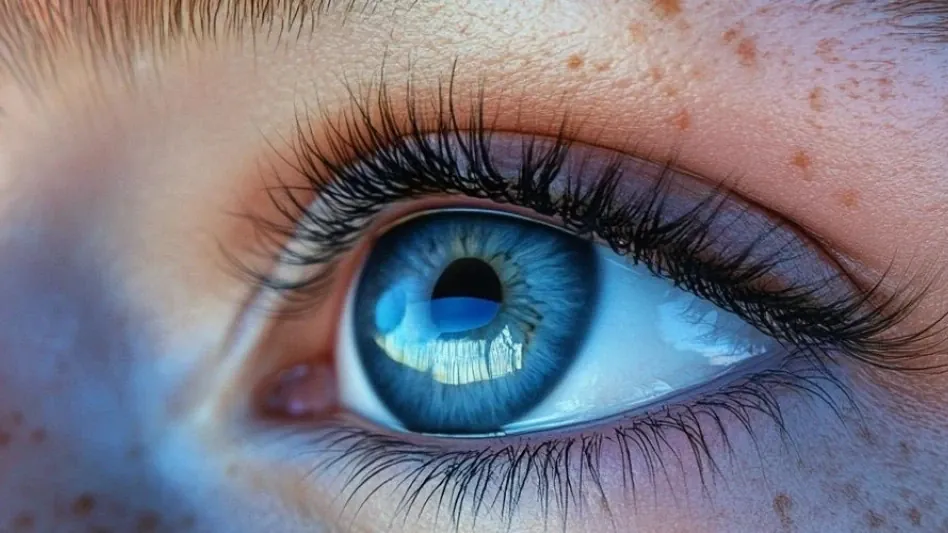Social media is full of claims that everyday habits can harm your skin, with a lot of recommendations or advertisements for products that can protect you. Recently, social media has blue light from our devices in its sights. So, can scrolling on our phones really damage our skin? Here’s what the evidence says and what we should really be focusing on.
What Actually is Blue Light?
Blue light is part of the visible light spectrum, with sunlight being the strongest source. Our electronic devices – such as phones, laptops, and TVs – also emit blue light, though at levels significantly lower, roughly 100-1,000 times less potent. Given that we spend a significant amount of time using these devices, there has been some concern about the impact of blue light on our health, including on our eyes and sleep. Now, we’re learning more about the impact of blue light on our skin.
How Does Blue Light Affect the Skin?
The evidence for blue light’s impact on the skin is still emerging, but there are some interesting findings to consider.
Blue Light Can Increase Pigmentation
Studies suggest that exposure to blue light can stimulate the production of melanin, the natural skin pigment that gives skin its color. Excessive blue light exposure can potentially worsen hyperpigmentation – an overproduction of melanin leading to dark spots on the skin – especially in people with darker skin tones.
Blue Light Can Give You Wrinkles
Some research suggests that blue light might damage collagen, a protein essential for skin structure, potentially accelerating the formation of wrinkles. A laboratory study indicates this can happen if you hold your device very close to your skin for extended periods. However, for most people, holding your device more than 10 cm away from your skin would dramatically reduce your exposure and make this less of an issue.
Blue Light Can Disrupt Your Sleep, Affecting Your Skin
If the skin around your eyes looks dull or puffy, it’s easy to blame this directly on blue light. However, as we know blue light affects sleep, the visible signs you see are probably due to sleep deprivation. Blue light is particularly good at suppressing melatonin production, the hormone that signals to our bodies when it’s time to sleep. This disruption can make it harder to fall asleep and reduce the quality of sleep, leading to skin issues.
Can Skincare Protect Me?
The beauty industry has capitalized on concerns about blue light, offering a range of protective products such as mists, serums, and lip glosses. However, rigorous testing for these products outside the laboratory is lacking, making it difficult to determine their effectiveness.
From a practical perspective, probably only those with more troublesome hyperpigmentation, known as melasma, need to be highly concerned about blue light from devices. Effective protection includes using mineral-based sunscreens or some cosmetics that block all light. If you can’t see your skin through these products, they are going to be effective.
What Can I Do to Minimize Blue Light Exposure?
Instead of panicking about blue light, it’s more effective to focus on well-established skincare practices. This includes daily sunscreen use, maintaining a balanced diet, staying hydrated, and adopting a skincare routine that suits your skin type. Until more definitive research is available, prioritizing these foundational habits will likely do more for your skin’s health than worrying about screen time.









